Spanish professor: “At Harvard, no question is ever considered stupid”
Madrid-born academic José Manuel Martínez compares the Spanish and US education systems
Boston
Harvard University’s website describes José Manuel Martínez as having more than seven different occupations, including professor, advisor and head of a research group. As the 45-year-old Madrid native explains, in the US university system, and most particularly at the Ivy League level, there is an implicit obligation to be cross-disciplinary. It is not enough to be an expert in one field. And that is precisely one of his top criticisms of the Spanish education system.
José Manuel Martínez at the Harvard campus. HARVARD UNIVERSITY
For the last five years Martínez has also been the head of the Real Colegio Complutense (RCC) at Harvard, the only international center that is affiliated with this university. The goal of RCC, created 26 years ago, is to ensure that talented Spaniards do not get left out of Harvard because they cannot afford the tuition. It has an annual budget of close to a million dollars, which are used to help undergrads, PhD students and educators cover their stay at America’s oldest university.
Before ending up at Harvard, Martínez served in an advisory position under several Spanish education ministers in Socialist Party (PSOE) administrations, among other posts.
Question. How do you explain the fact that out of 739 undergrads at Harvard, there are only four Spaniards?
Empowering students and creating pressure on educators is a positive thing
Answer. Unlike Spain, in the US access to university is not solely based on your grades, but also on a series of skills that Spanish education authorities do not take into account. The term that is used is “well-rounded personality,” which applies to students who, at age 18, have done volunteer work or even started a non-profit of their own, who can play an instrument or who are heading a student club. They are expected to be proactive and outspoken – and the Spanish education system does not exactly encourage those qualities. Beginning in preschool, education in Spain is “hardware-based,” meaning that it stresses storing information on your hard drive. We know how to place the Caspian Sea on a map, and what the population of Equatorial Guinea is, but we do not learn how to identify problems and seek solutions. In the US, education is more about software, about developing critical thinking. They are taught to innovate from a young age.
Q. You have taught Constitutional Law at Madrid’s Complutense University for years. What differences do you see between students here and there?
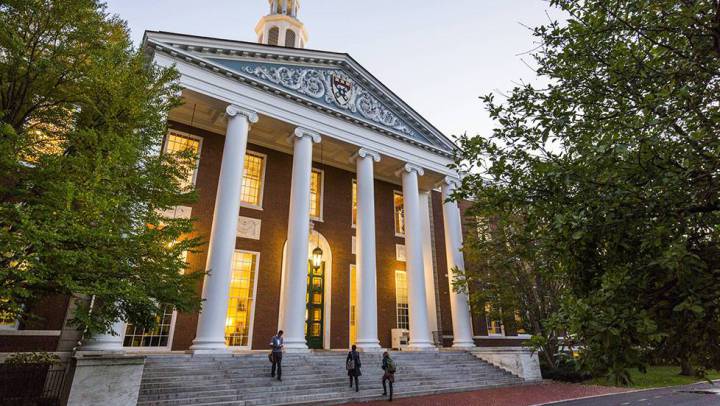
A. The level of attention granted undergraduate students in Harvard is similar to that enjoyed by PhD students in Spain. Classes never have more than 18 students, except for master classes where there can be up to 500, but those are exceptional cases. Ever since they start their schooling, they are taught debating skills and they are very good at putting together arguments. They’re not afraid to raise their hand in front of their fellow students, because no question is ever considered stupid here. They are educated to respect other people’s opinions.
Q. What is your main criticism of the Spanish university system?
A. University training is pigeonholed. If you look at the Nasdaq, you see that 75% of listed companies did not exist 10 years ago. It is unclear what the jobs of the future will be, so specialization itself is no longer enough. You need very cross-disciplinary profiles. At Harvard, students don’t choose a specialization until the fifth year, when they begin their master’s degrees. […] The skills for new jobs are not learned through master’s degrees, and whoever tells you so is lying. The great value of the public education system in Spain was making higher education universal. Now we need to make the jump to excellence.
Q. As a teacher, what is the great advantage of a university like Harvard?
The Spanish system favors academic research over teaching
A. If you do a terrible job here, you end up with no students. The first week of classes is Shopping Week, when professors explain what their course is all about. They can propose new material every academic year, or change the content of the curriculum. They are competing with one another to attract students, so they have to know how to sell themselves. Not securing students could have an impact on your continuity at the university. The great virtue of this system is the choices it gives students and teachers alike. I think that empowering students and creating that pressure on educators is a positive thing.
Q. Do you think that a formula like that could work in Spain?
A. The Spanish system favors academic research over teaching. We are pressuring professors into research, with a logic that sees science as the sum of published work in relevant publications. It’s normal for the faculty to spend time on things where there is an incentive. Educators who spend a sabbatical at Harvard do not get smart and innovative overnight, it’s just that they enter an ecosystem that stimulates them and makes life easy for them. There is no upper limit on resources here.
Q. What kind of advice and help do you offer Spanish students at the RCC?
A. Over the last 26 years we have granted 1,500 long-term and 6,000 short-term scholarships. Our role is to provide institutional support to the candidate, and to help with the admissions process. Right now, out of 9,851 students and researchers at Harvard, 213 are Spanish. Every academic year we have nearly $1 million for academic aid supplied by the Spanish public universities that participate in the consortium – Alcalá de Henares, Madrid Polytechnic, King Juan Carlos, Valencia and Seville. Although students and faculty from these centers have priority, our mission is to help any talented Spaniard get into Harvard and cover expenses. We spend an average of $40,000 on a researcher and $30,000 on a student.
English version by Susana Urra.
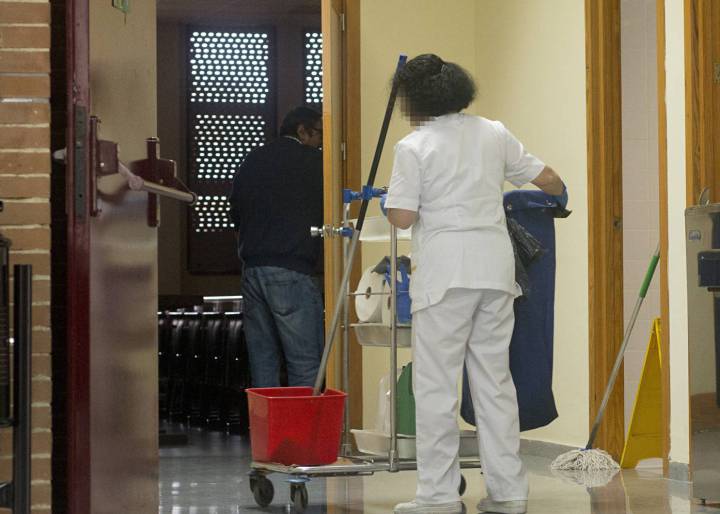
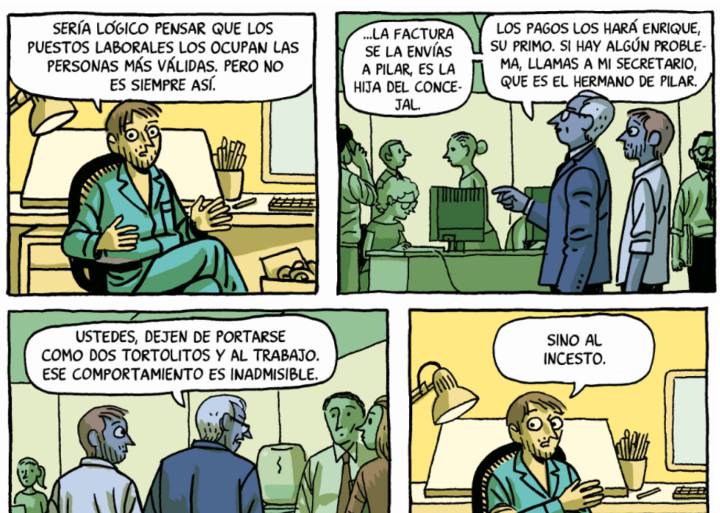
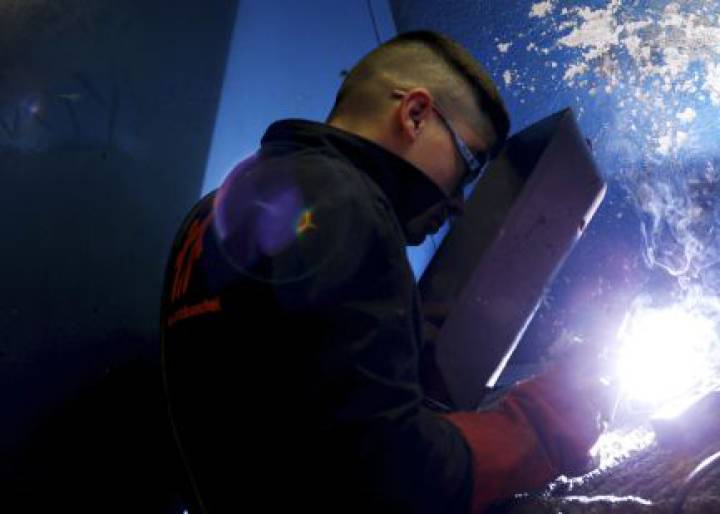
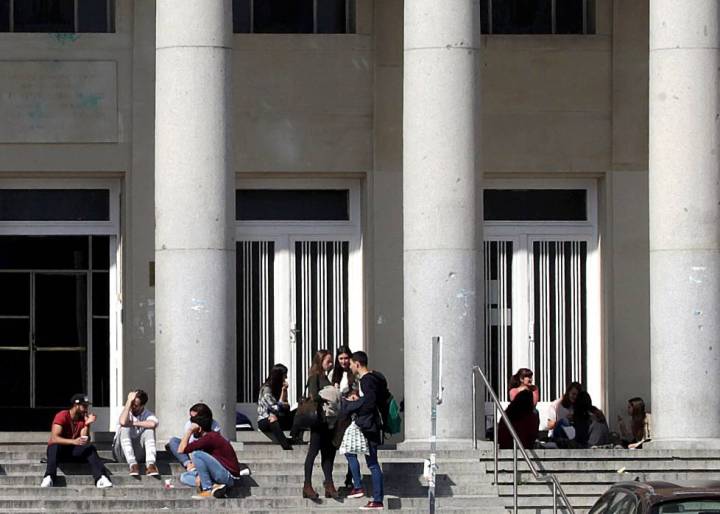





































No hay comentarios:
Publicar un comentario